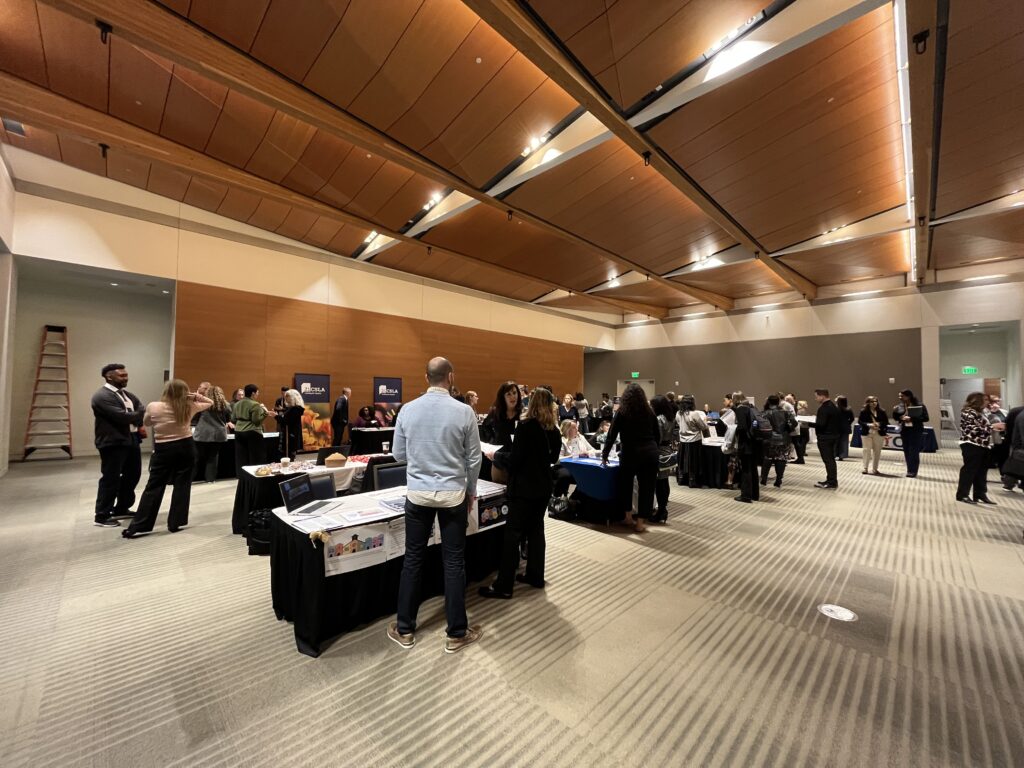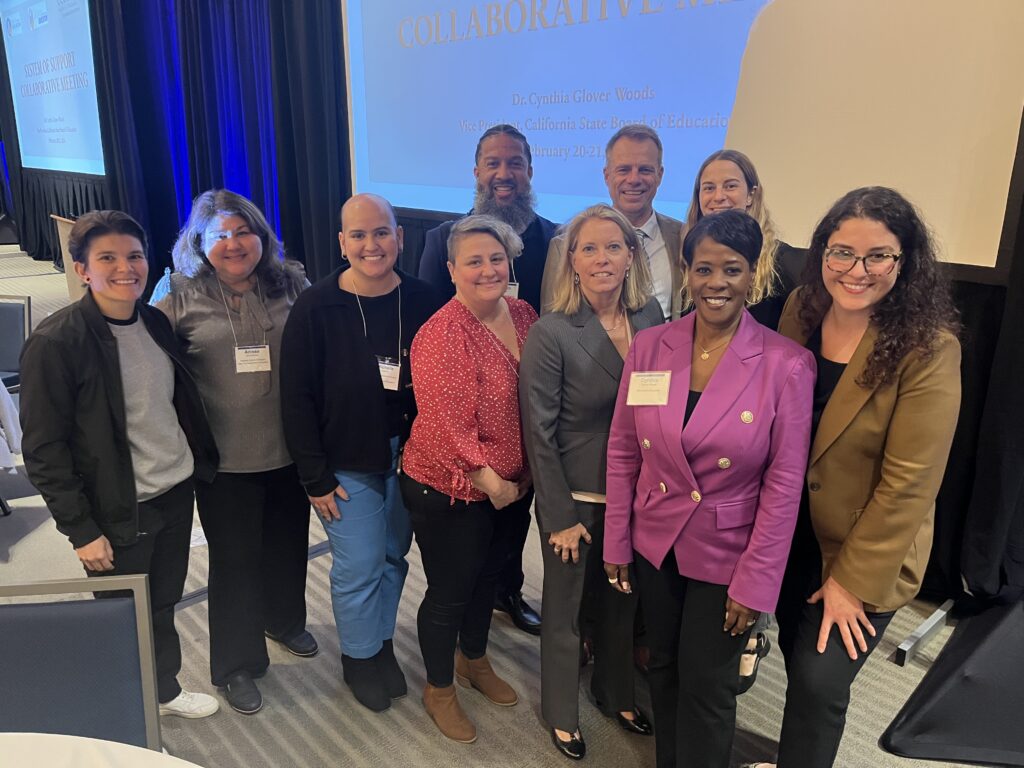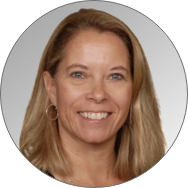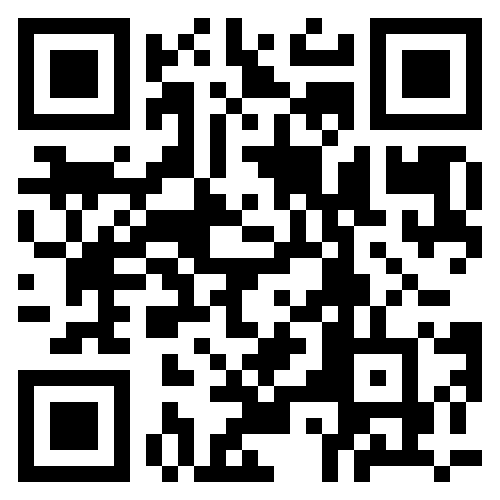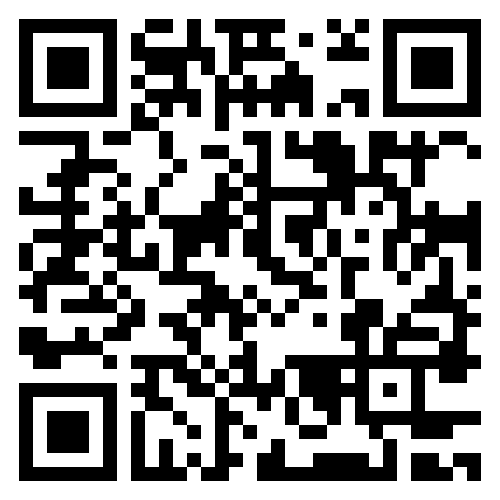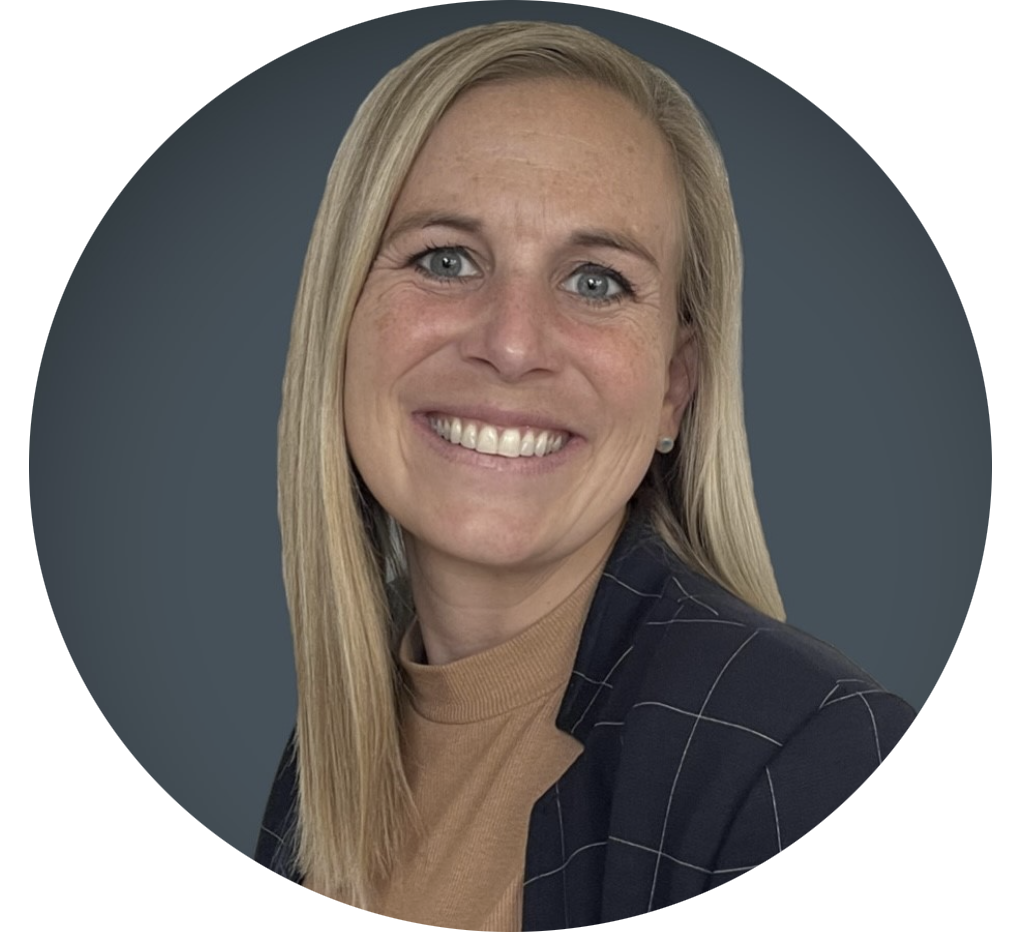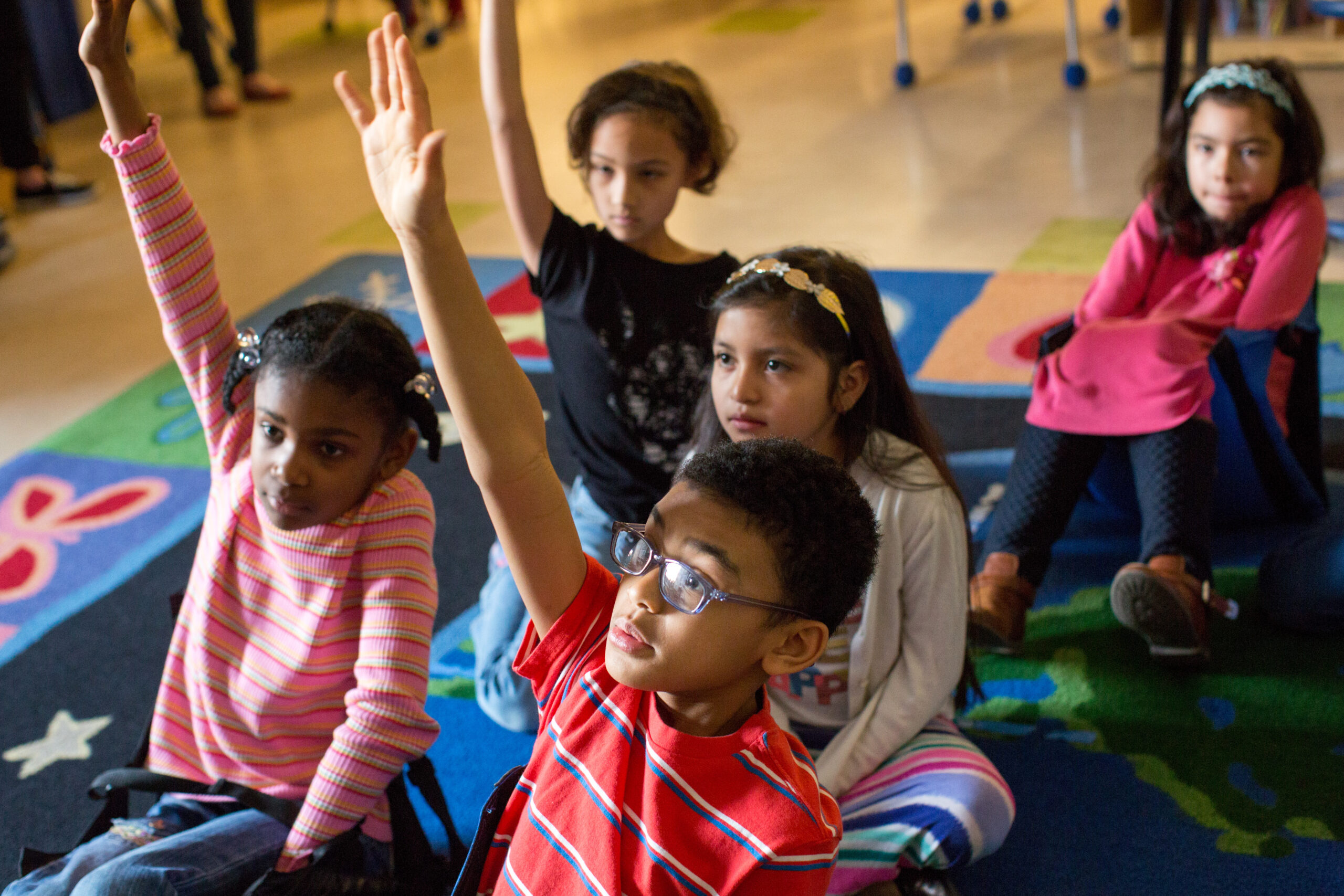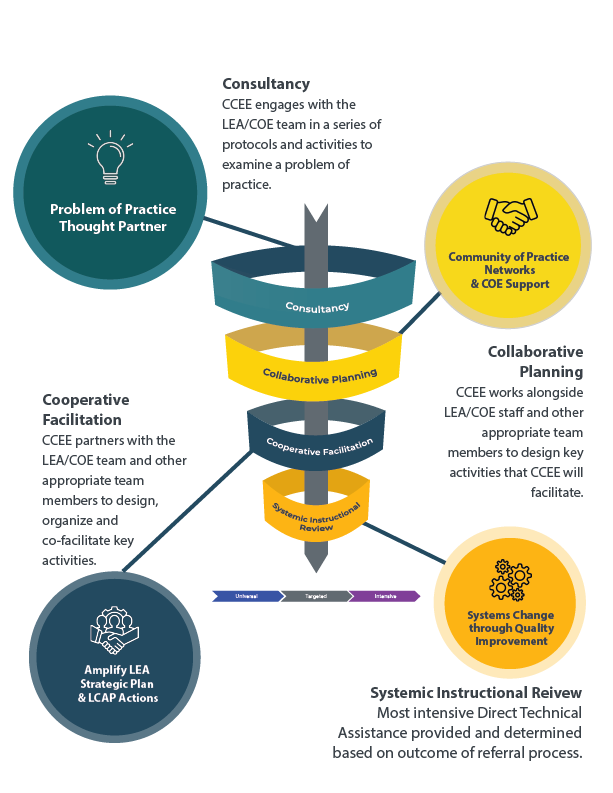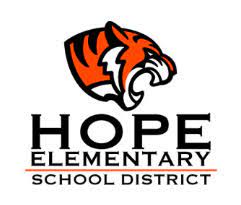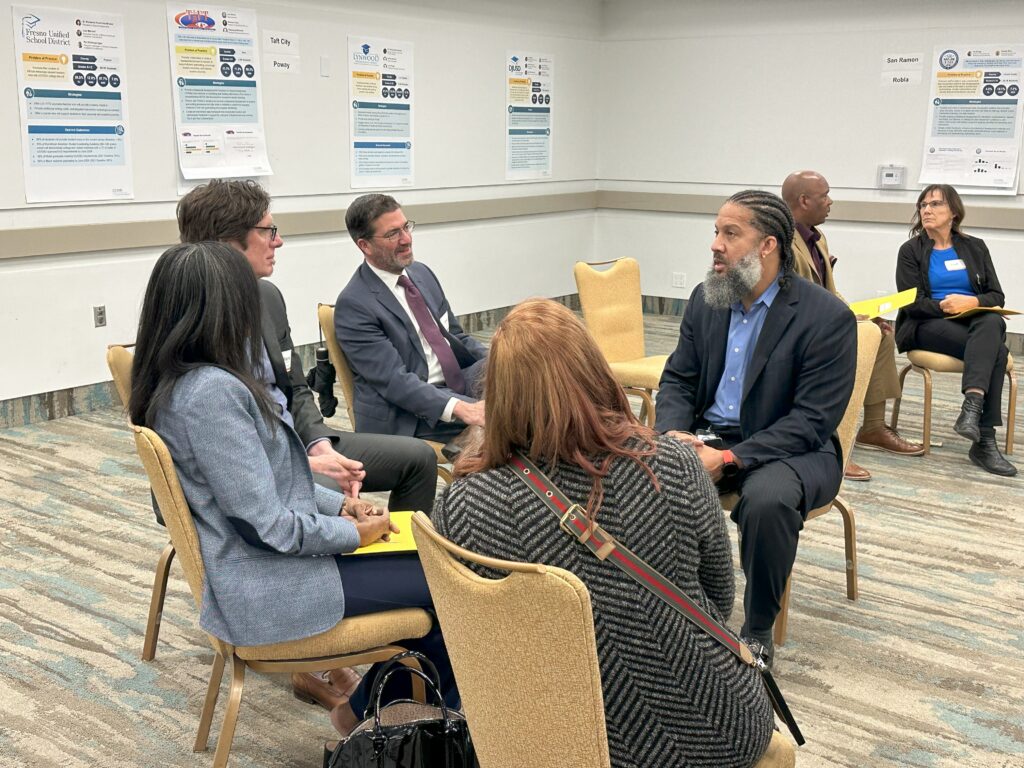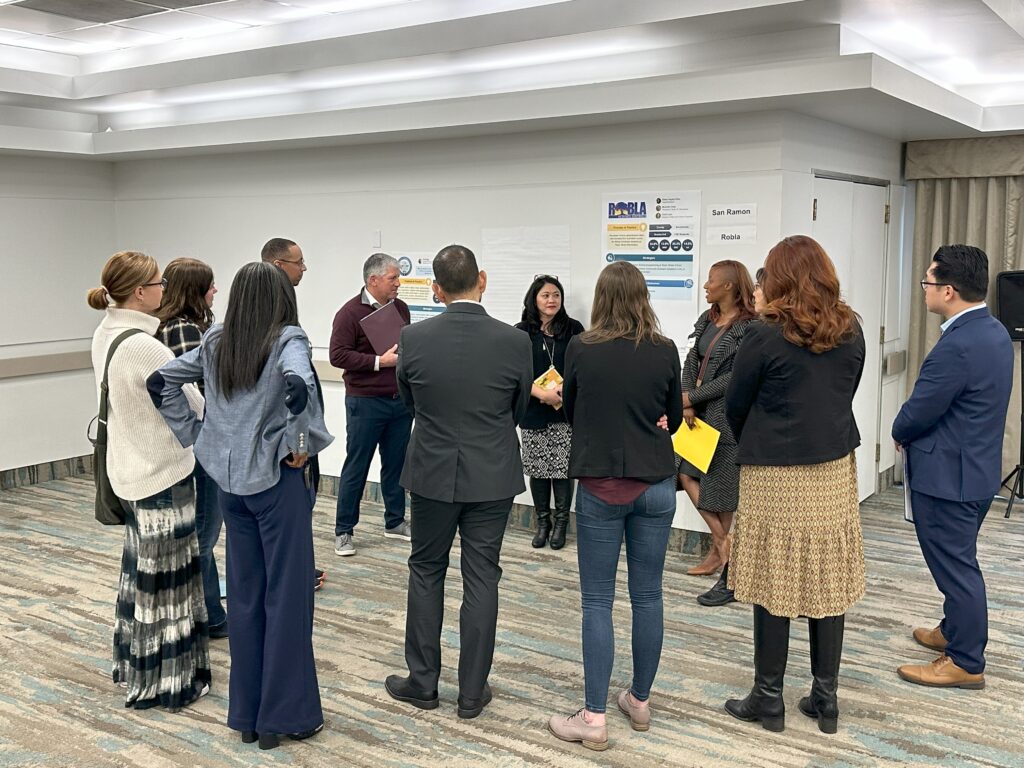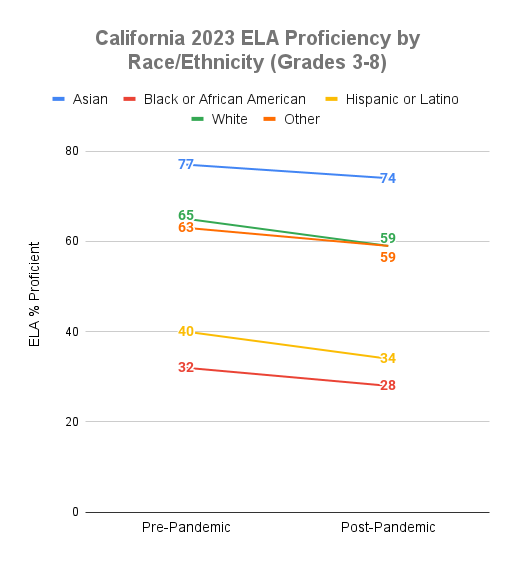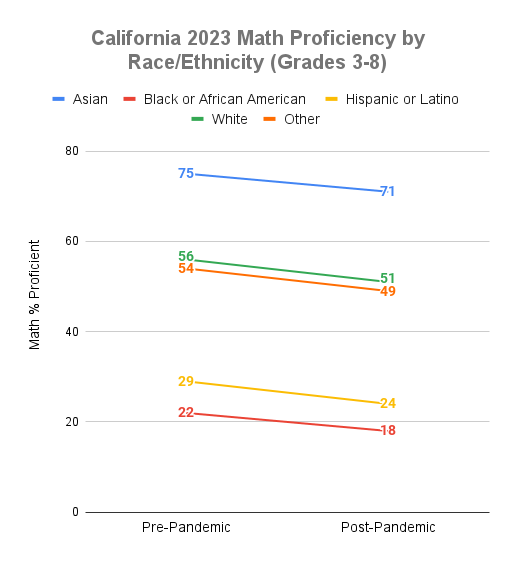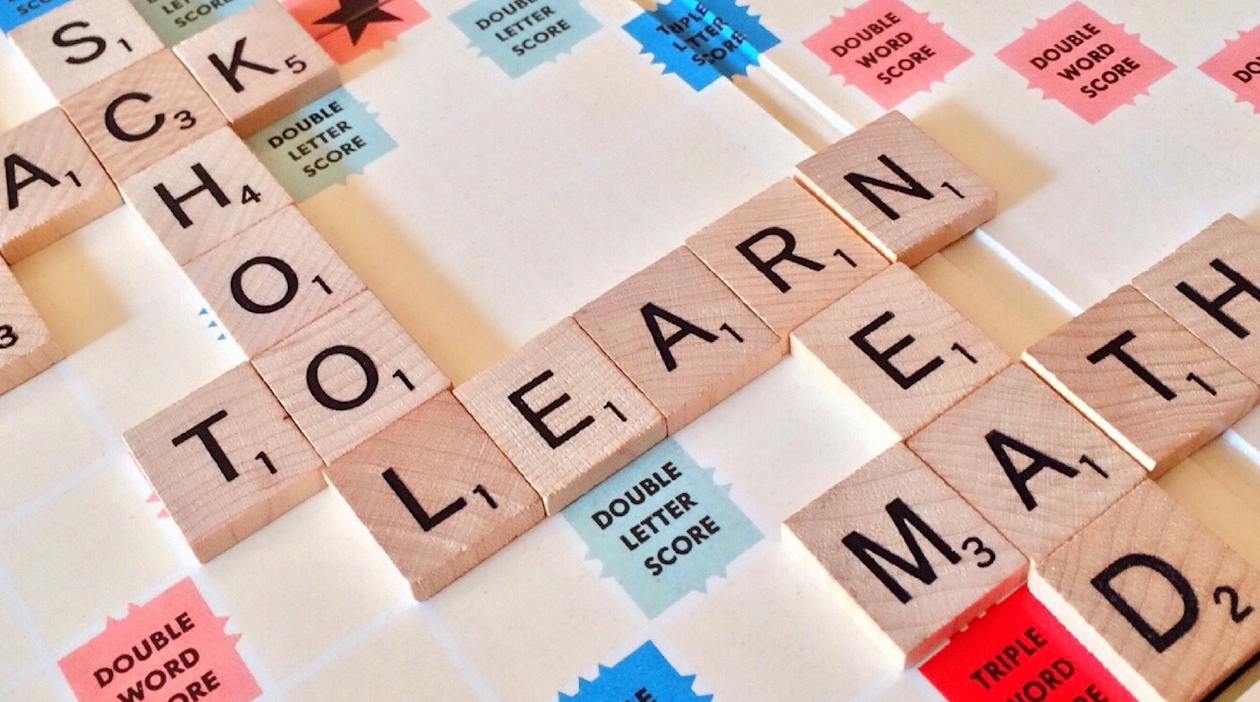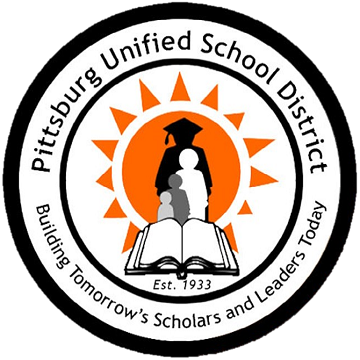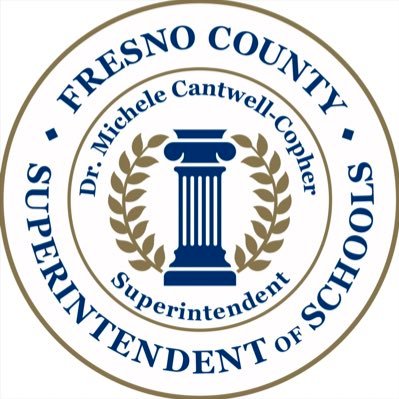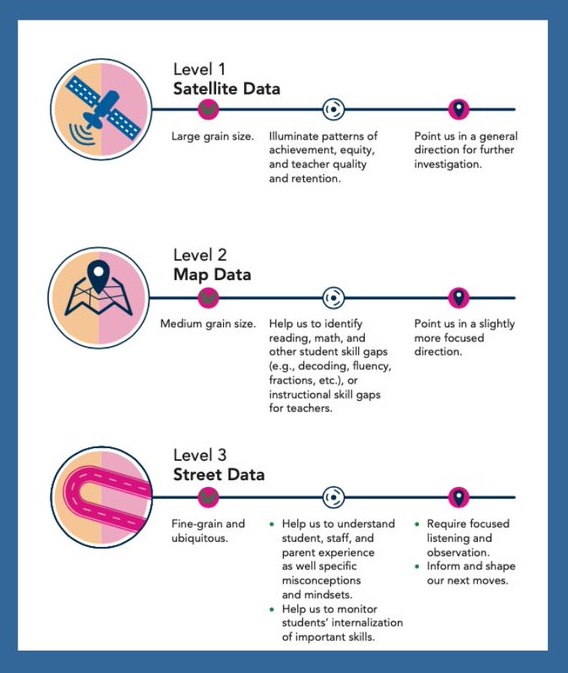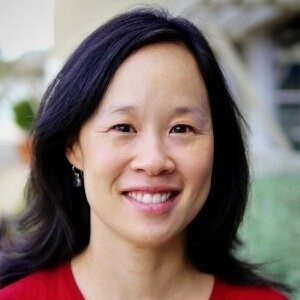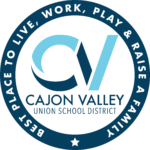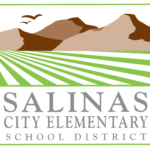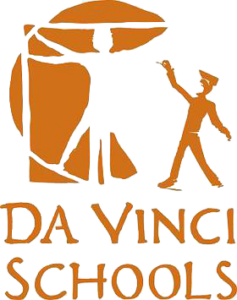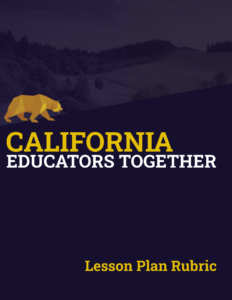News & Announcements
Open Door Sessions
CCEE, in collaboration with LEAs and partner organizations, is hosting “Open Door” sessions to share best practices, tools/resources, and strategies to support student learning. These sessions provide opportunities for county office and/or district staff to listen and learn from other LEAs across the state.
Click on the links below to register for upcoming Open Door sessions.
- 4/9/24 at 3pm (TODAY!)- The Power of Data Partnerships: District Data Sharing Through the Local Assessment Project
- 4/26/24 at 2pm – Schools and Climate Impact Disasters
- 4/30/24 at 3pm – Strengthening Coherence Across Initiatives: A Whole-Child Lens
Missed a session? Below are links to archived materials from past Open Door Sessions:
Please check our Events Calendar or follow CCEE on Twitter and LinkedIn to stay up-to-date on all our offerings.
LEA Spotlights
The Spotlights Project aims to celebrate some of the innovative, inclusive, and shareable practices that LEA teams have implemented to improve outcomes for students across our state. Each Spotlight organizes the successes, challenges, and lessons learned in a way that calls attention to emerging practices, reproducible strategies, and applicable resources, in hopes of introducing accessible points of conversation for other LEAs looking to resolve similar issues.
Below are three recently published Spotlights. Click on the links below to learn more about the innovative practices taking place in these LEAs.
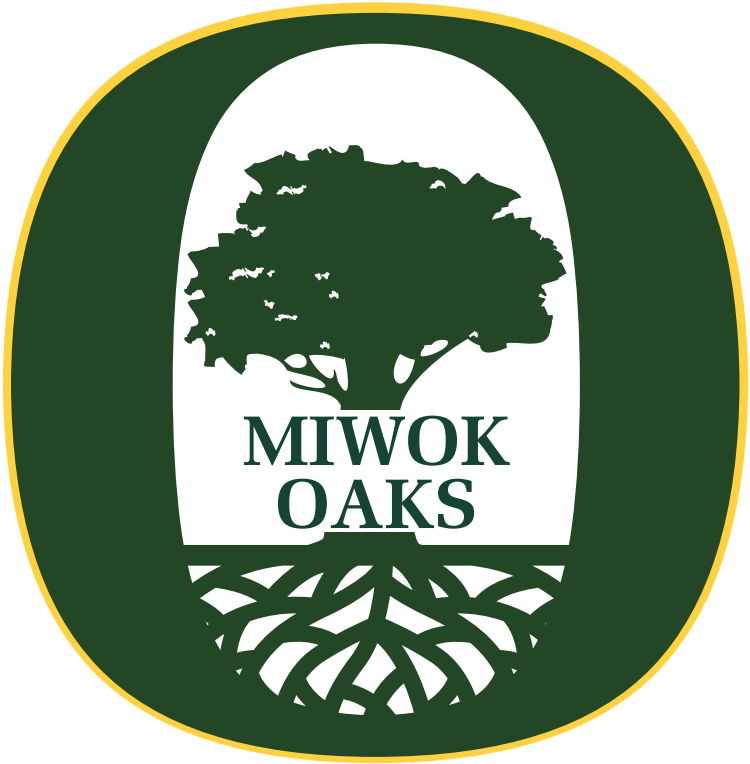
Miwok Middle School, located in Sacramento City USD, harnessed the power of student survey data to cultivate a culture of belonging and connectedness — with an explicit focus on equity.
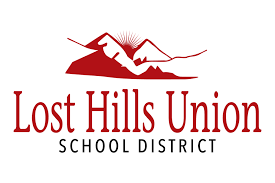
Lost Hills UESD leveraged community schools as a catalyst for collaboration among neighboring small districts, focusing on shared learning and resource pooling to enhance student outcomes.
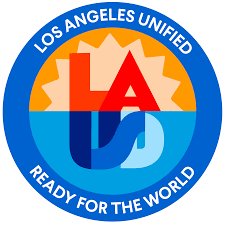
Los Angeles USD launched its Black Student Achievement Plan, a comprehensive initiative that aims to address the need for culturally responsive curriculum and instruction, community-based partnerships within the Black community, and increased staffing to support the academic and social-emotional needs of Black students.
2024-25 Leadership Institute
Register for the 2024-2025 Leadership Institute! The Leadership Institute will kick off in person on July 21, 2024 in Newport Beach, CA.
The ultimate goal of the Leadership Institute is to create networks and support systems for small school district leaders so they can gain the skill set and confidence needed to effectively lead their districts.
Click here for a flyer.
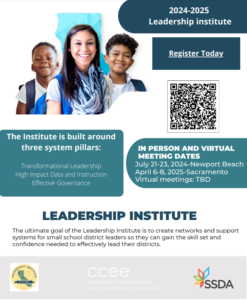
21csla research-practice webinar
Mark your calendars for the upcoming 21CSLA webinar scheduled for May 15th from 3:30-4:30 PM PT via Zoom. Join us as we welcome Professor Tyrone Howard from UCLA School of Education & Information Studies. Dr. Howard will delve into the themes of his recent publication, ‘Equity Now,‘ providing invaluable insights on fostering equity and inclusivity in educational settings. Register for the webinar today!
About the I3 Center
The Innovation, Instruction, and Impact (I3) Center implements a statewide approach to improving LEA capacity by collaboratively developing, delivering, sharing, and spotlighting practices that have demonstrated the power to improve outcomes for students.
About the CCEE
The California Collaborative for Educational Excellence is a statewide leader delivering on California’s promise of a quality, equitable education for every student.
Executive Director’s Corner
By Matt J. Navo, Executive Director

Learning is the cornerstone of growth and progress in education, shaping individuals, communities, and organizations alike. Within our Innovation, Instruction, and Impact (I3) Center’s learning networks, leaders from local educational agencies (LEAs) share invaluable insights on the transformative power of learning.
From collaborative intelligence to hands-on experiences, they emphasize the profound impact of continuous learning. Partners echo this sentiment, emphasizing the crucial role of education in fostering climate sustainability. Spotlighting institutions like Miwok Middle School, Lost Hills UESD, and Los Angeles USD underscores the tangible results of prioritizing learning initiatives. As we anticipate upcoming Open Door sessions and reflect on past ones, we’re reminded of the ever-evolving journey of knowledge acquisition and its endless possibilities for improvement and innovation.
Harnessing the Power of Collective Learning to Foster a Culture of Inquiry and Innovative Change
Most educators, if not all, have come into this profession because they recognize the value of learning. Whether they’re teaching in bustling classrooms or engaging in virtual learning spaces for their own professional growth, educators are continuously enriched by the collective knowledge and experiences of their students, colleagues, and the many voices shaping their educational journey. Through CCEE’s learning networks, we strive to create intentional learning communities where these educational leaders can lean into the power of learning as active learners who are committed to improving the practices, programs, and systems in their local educational agencies (LEAs). District and county office leaders learn with and from one another, as they embrace each other’s diverse perspectives and experiences to shape innovative solutions that continue to be refined through data-driven iterative processes.
We asked LEA leaders in each of our learning networks to reflect on their own journeys of learning and leading to ultimately improve outcomes for students. They share their thoughts below.
African American Student Success (AASS) Network
By Tracy Thompson, Executive Director of Juvenile Court and Community Schools, San Diego COE

I’m delighted to announce that the partnership between the San Diego County Office of Education, Juvenile Court and Community Schools (JCCS) team, and the California Collaborative for Educational Excellence (CCEE) has proven immensely valuable to our organization, particularly in our efforts with the county’s most marginalized students. This enriching journey has highlighted the critical need to not only analyze and discuss data but to also utilize these insights to create meaningful change. Participation in this network and collaboration with local educational agencies (LEAs) statewide have provided our team with vital support, leadership, and encouragement from colleagues facing similar challenges and sharing the same goals. While we recognize the importance and tremendous opportunity presented by this partnership, we also understand the struggle, especially when progress is slower than anticipated, necessitating pivot and persistence. We’ve discovered this partnership to be a safe environment for honesty, courage, and continual growth, benefiting our students and society as a whole. While acknowledging that change takes time, we’re reassured that we’re not alone, and meaningful progress relies on our collective action.
Data Research Learning Network (DRLN)
By Kit Bragg, Director of Assessment, Research, & Evaluation, San Ramon Valley USD

Participating in the Data Research Learning Network (DRLN) has been incredibly rewarding. The focused and action-oriented process by which the CCEE/DRLN conducts research is evidence-based and results-driven. My work was pushed so much further under the guidance of the network team. Beyond that, the collaboration across the network elicited new thinking and new direction in my action plan. The opportunity to collaborate and present with team members further broadened my own research and affirmed the efforts driven by our plan. I most enjoyed learning from my colleagues about data literacy tools created within the network. My focus was wholly on dashboarding for the purpose of intervention tracking. Seeing the tools developed by my colleagues to increase data literacy pushed my thinking and allowed me to design some staff professional development differently.
Universal Design for Learning (UDL) Network
By Tim Reid, Director of Pupil Services, Nevada Joint UHSD

Being part of the UDL network reinforced the value of collaborative support among leaders, emphasizing the need for a collective effort in driving effective change. This has been a pivotal lesson in understanding the multifaceted nature of educational leadership and the importance of shared experiences and strategies among peers. My key takeaway is the realization that there’s no singular method to effectuate significant change. The diversity of approaches, enriched by the collective wisdom and creativity of the network, underscores the dynamic nature of educational leadership. This collaboration offers a unique opportunity for mutual support, allowing us to share insights and challenges. Moreover, it prompts us to ask targeted questions that lead to the refinement and improvement of our practices.
As LEAs engage in our learning networks, we are curating tools, resources, and artifacts that come out of their projects, in hopes that it can be a jumping off point for other LEAs hoping to embark on their own learning journeys. We updated the Learning Networks Resource Hub with new additions so make sure to check it out!
Is Your School Climate Ready?
By Ingrid Roberson, Assistant Director of Research Learning

As Earth Day this April 22nd reminds us of our rapidly changing climate, CCEE has partnered with UndauntedK12 and Ten Strands, two organizations dedicated to assisting K-12 public schools in acting on climate adaptation, mitigation, and education. UndauntedK12 and Ten Strands are currently conducting a statewide survey to gather model tools and resources aimed at supporting school infrastructure, climate resilience, adaptation, and decarbonization.
The initiative will kick off with the first of three Open Doors sessions scheduled on April 26th, focusing on “Schools and Climate Impact Emergencies” (registration link). Additionally, for the upcoming 2024-2025 school year, CCEE, UndauntedK12, and Ten Strands plan to share stories and resources from school communities across California. These tools will aim to empower schools, districts, and counties to drive action towards climate adaptation, mitigation, and education. A policy and practice brief will accompany the toolkit, featuring a summary of findings, resource links, spotlight stories, and policy recommendations.



